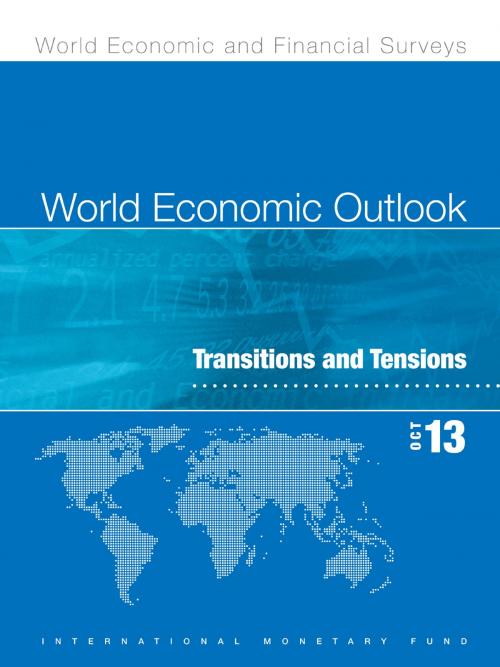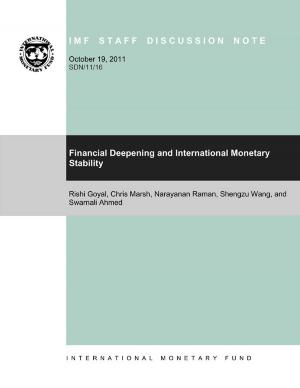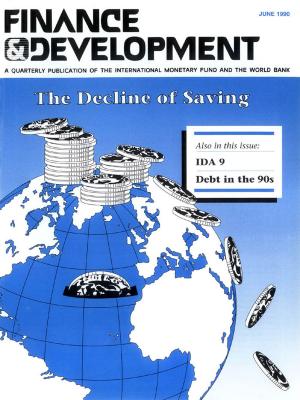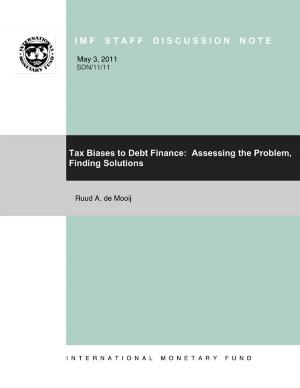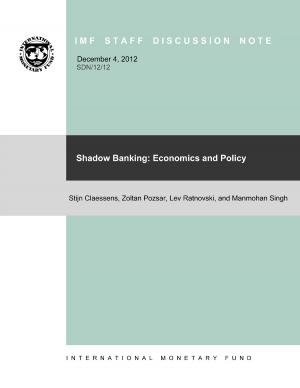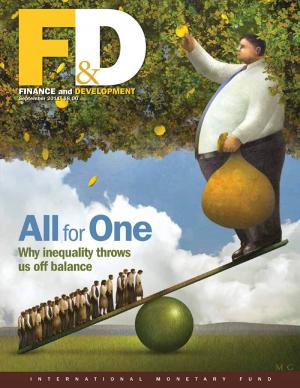World Economic Outlook, October 2013: Transition and Tensions
Business & Finance, Economics, International Economics, Macroeconomics, Nonfiction, Social & Cultural Studies, Political Science, Politics, Economic Policy| Author: | International Monetary Fund. Research Dept. | ISBN: | 9781484348833 |
| Publisher: | INTERNATIONAL MONETARY FUND | Publication: | October 8, 2013 |
| Imprint: | INTERNATIONAL MONETARY FUND | Language: | English |
| Author: | International Monetary Fund. Research Dept. |
| ISBN: | 9781484348833 |
| Publisher: | INTERNATIONAL MONETARY FUND |
| Publication: | October 8, 2013 |
| Imprint: | INTERNATIONAL MONETARY FUND |
| Language: | English |
Global growth is in low gear, and the drivers of activity are changing. These dynamics raise new policy challenges. Advanced economies are growing again but must continue financial sector repair, pursue fiscal consolidation, and spur job growth. Emerging market economies face the dual challenges of slowing growth and tighter global financial conditions. This issue of the World Economic Outlook examines the potential spillovers from these transitions and the appropriate policy responses. Chapter 3 explores how output comovements are influenced by policy and financial shocks, growth surprises, and other linkages. Chapter 4 assesses why certain emerging market economies were able to avoid the classical boom-and-bust cycle in the face of volatile capital flows during the global financial crisis.
Global growth is in low gear, and the drivers of activity are changing. These dynamics raise new policy challenges. Advanced economies are growing again but must continue financial sector repair, pursue fiscal consolidation, and spur job growth. Emerging market economies face the dual challenges of slowing growth and tighter global financial conditions. This issue of the World Economic Outlook examines the potential spillovers from these transitions and the appropriate policy responses. Chapter 3 explores how output comovements are influenced by policy and financial shocks, growth surprises, and other linkages. Chapter 4 assesses why certain emerging market economies were able to avoid the classical boom-and-bust cycle in the face of volatile capital flows during the global financial crisis.
